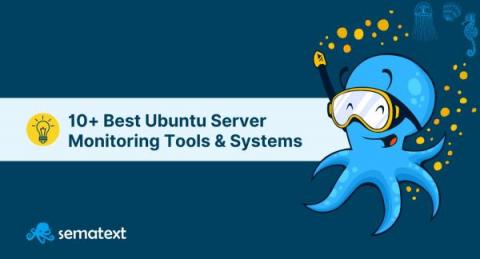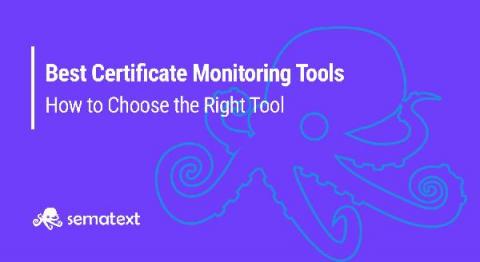Operations | Monitoring | ITSM | DevOps | Cloud
April 2023
DevOps vs. SRE
What is SRE?
10+ Best Tools & Systems for Monitoring Ubuntu Server Performance [2023 Comparison]
Ubuntu is a Linux distribution based on Debian Linux that’s mostly composed of open-source and free software. Released in three options – servers, desktop computers and Internet of Things devices. Ubuntu is highly popular, reliable and updated every 6 months, with a long-term support version released every two years. Multiple Ubuntu versions allow users to choose whether to stick with the long-term support version or the recently updated one.
10 Best Tools to Monitor SSL Certificate Expiry, Validity & Change [2023 Comparison]
Webmasters always have their hands full with everything from user experience, search engine optimization and last but not least, SSL certificates. While some may not prioritize SSL certificates, they are still critical to the correct operation of your websites. Because Secure Layer Certificates are so important, monitoring them is a must! To help you get started, we’ve compiled a list of the top 10 best tools for monitoring SSL certificates for validity, expiry, and change.
When and how to Delete an Elasticsearch Index?
As an Elasticsearch administrator, you will inevitably have to delete an index at some point. There could be several reasons why this might be necessary: This article provides an overview of available methods to back up and restore an Elasticsearch index in the event of deletion.
How to Find and Fix Elasticsearch Unassigned Shards
When a data index is created in Elasticsearch, the data is divided into shards for horizontal scaling across multiple nodes. These shards are small pieces of data that make up the index and play a significant role in the performance and stability of Elasticsearch deployments. A shard can be classified as either a primary shard or a replica shard. A replica is a copy of the primary shard, and whenever Elasticsearch indexes data, it is first indexed to one of the primary shards.








